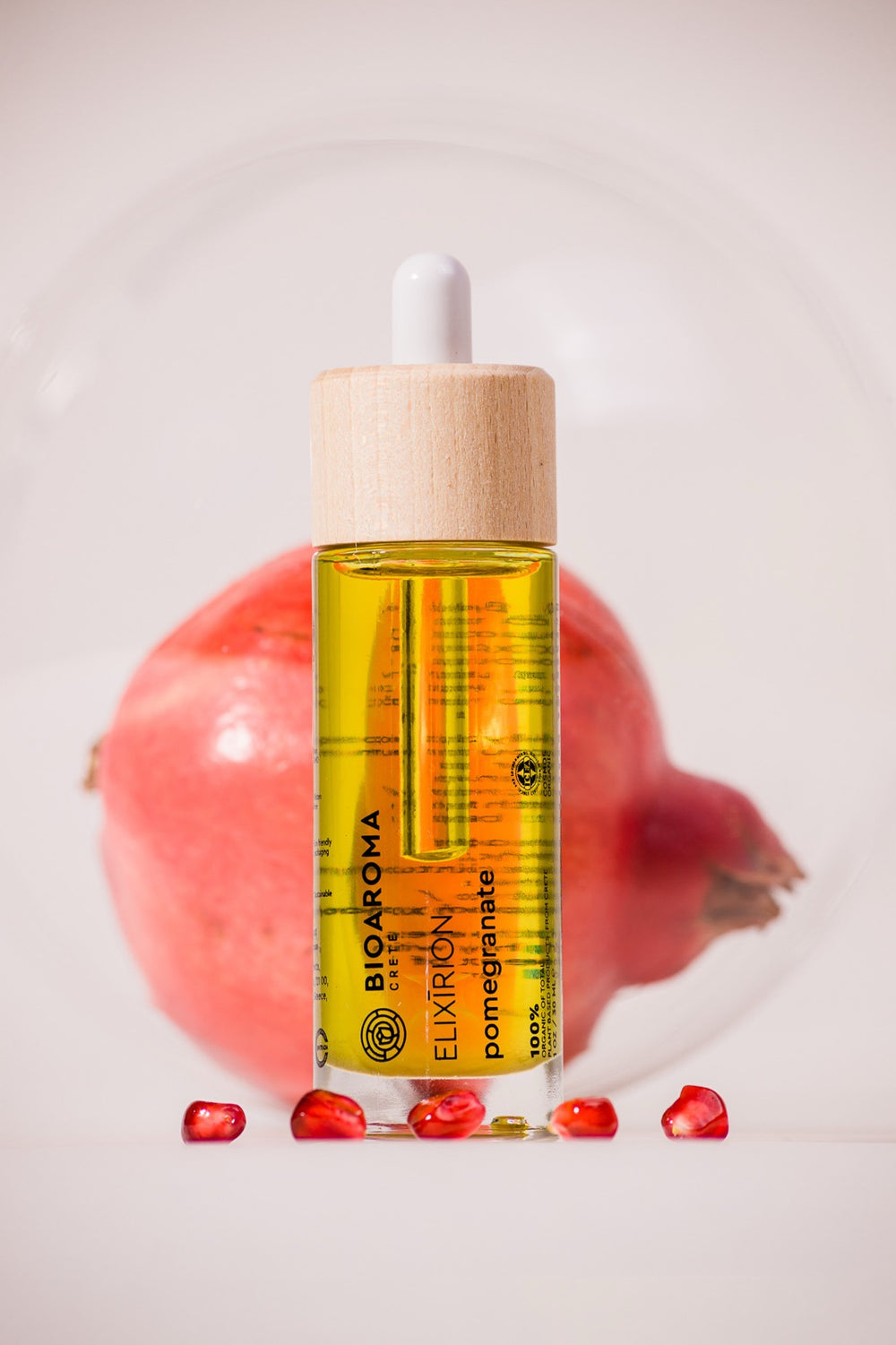
Lemon essential oil is extracted from the peel of fresh lemons, and has a fresh, uplifting, and invigorating scent. It is a highly versatile oil, with a wide range of uses and benefits. Lemon oil is known for its powerful cleansing and purifying properties, and is commonly used as a natural household cleaner. It can also be added to water for a refreshing and detoxifying drink, and can be used to flavor foods and beverages. In addition, lemon essential oil is known to have a variety of therapeutic properties. It can help to uplift mood and promote feelings of relaxation and calm. It is also known to have antibacterial, antifungal, and antiviral properties, making it a popular choice for natural cleaning and disinfecting. Lemon oil can also help to support healthy respiratory function, and is often used to ease coughs and congestion. Lemon essential oil can be used topically, either diluted or undiluted, to help improve the appearance of skin and reduce the appearance of blemishes. It is also known to be an effective natural insect repellent. When using lemon essential oil topically or internally, it is important to always use a high-quality, pure oil and to follow recommended dilution ratios to avoid skin irritation or other adverse reactions.
b. Body: Add 7 drops in your body cream to enhance glow.
50 ml Dittany oil.
Add 15 drops in a bucket of water.
b. Surfaces: Apply 5 drops on a damp cloth and use it to clean surfaces.
You may also like
We always proudly
100%
natural content
Eco friendly
packaging
Gluten
free
Inspired by
Minoan recipes
Non
GMO
Preservative
free
Pure
essential oils
Sustainable
Vegetarian
Water free
formula













